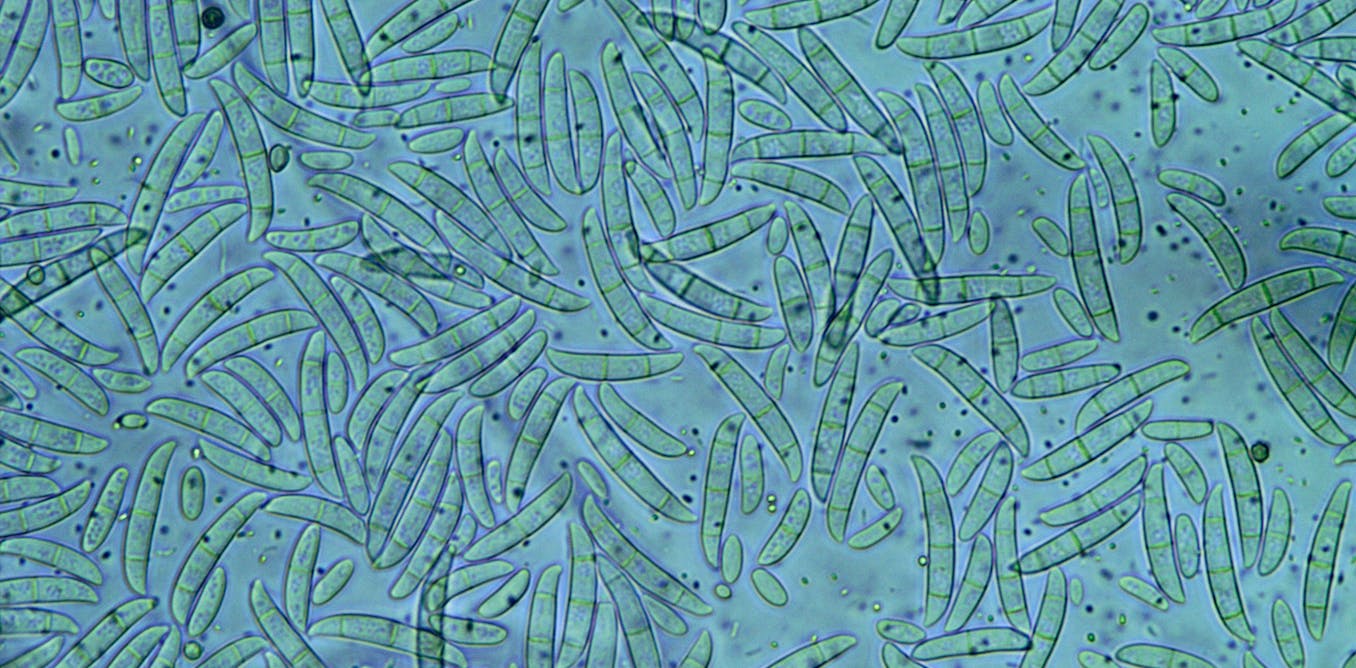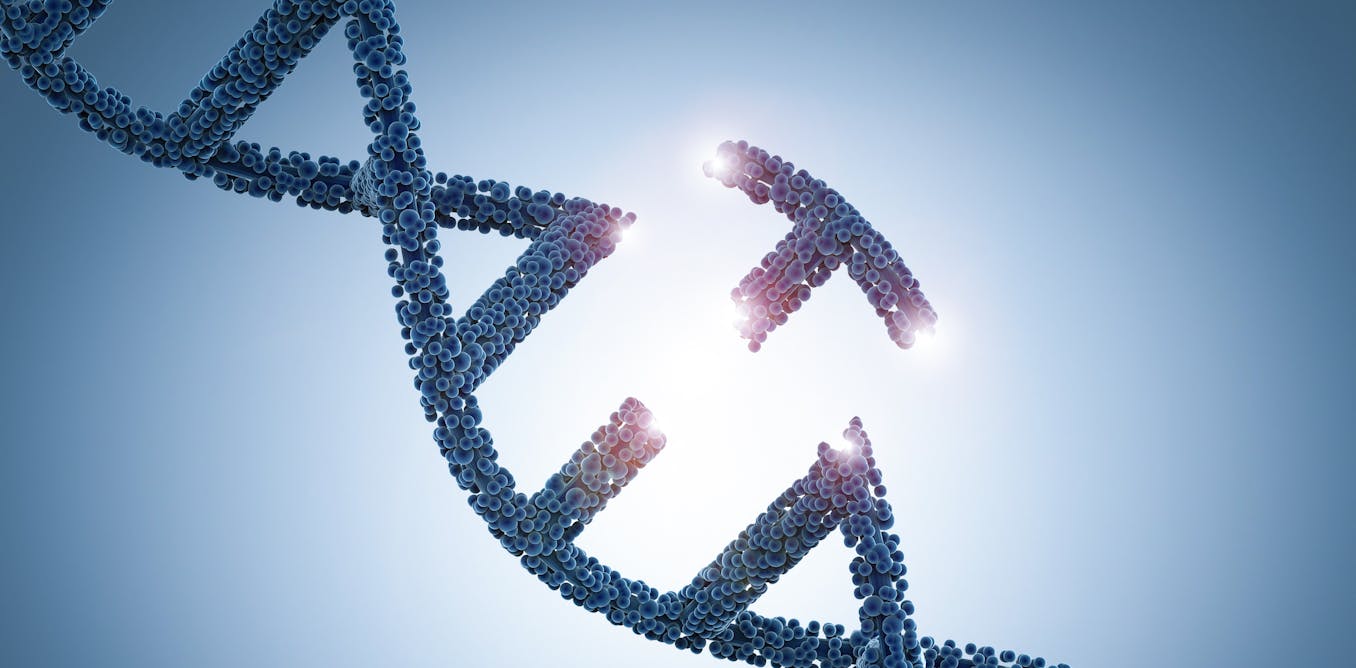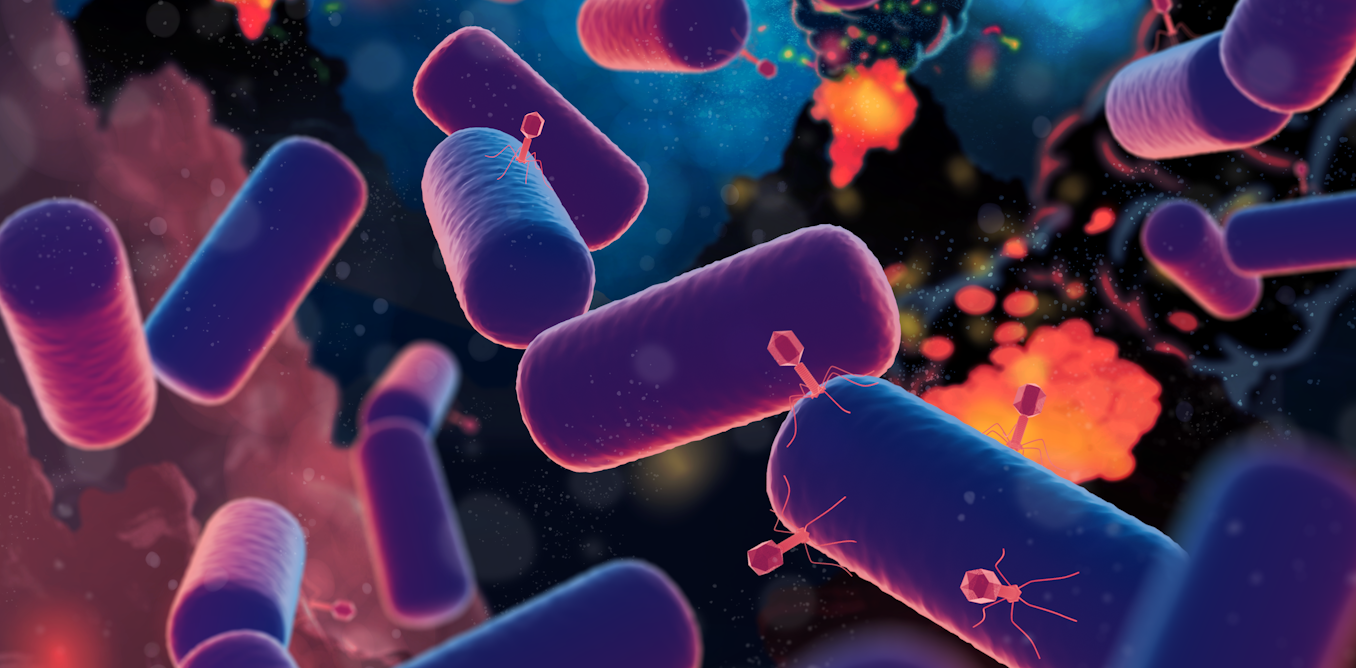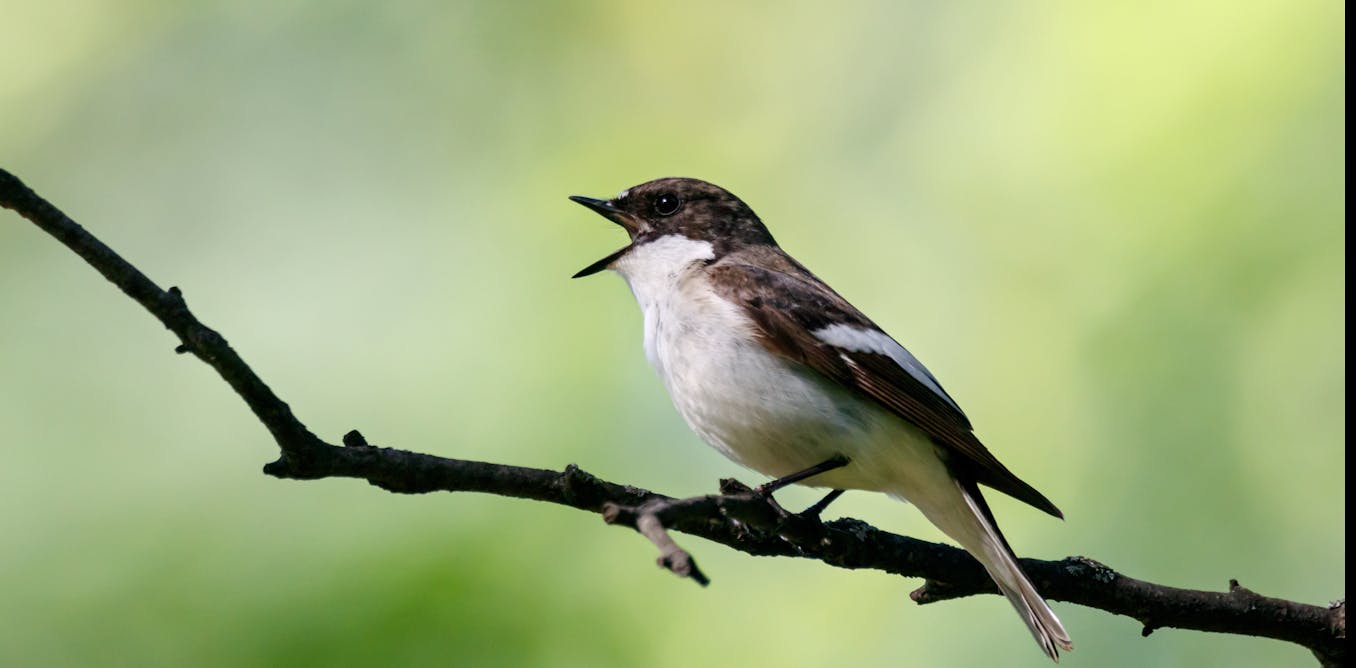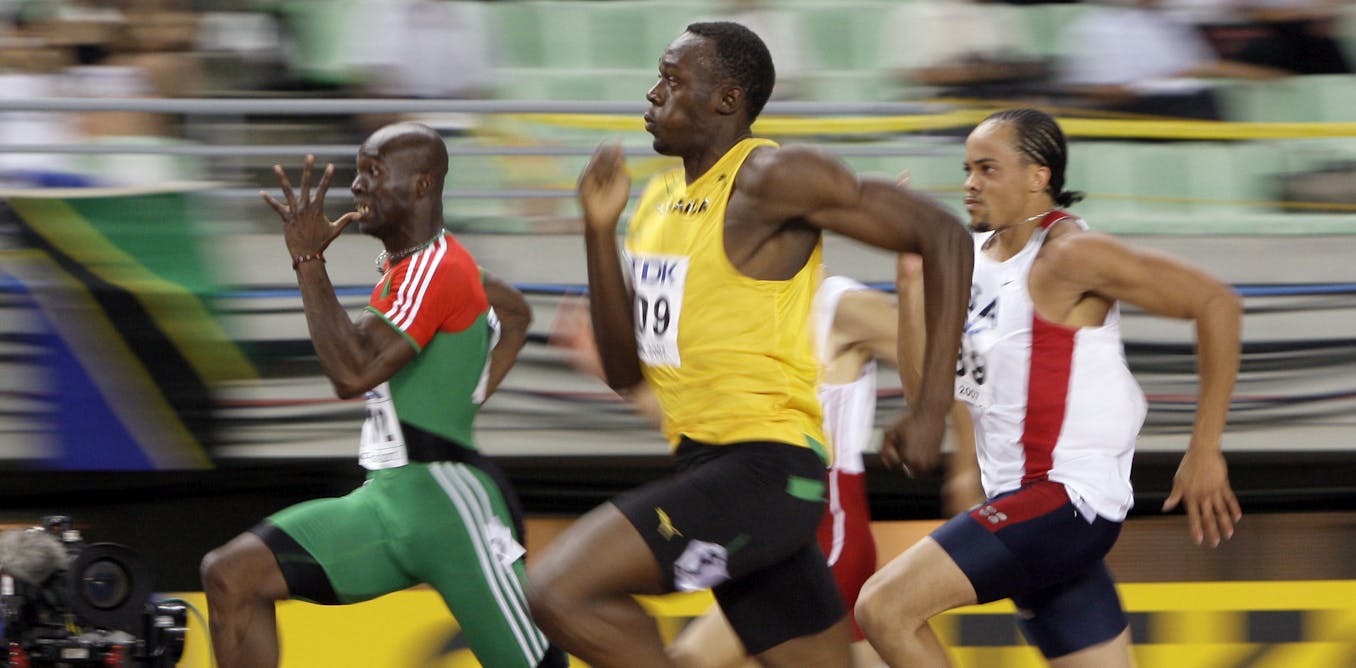Banana apocalypse, part 2 – a genomicist explains the tricky genetics of the fungus devastating bananas worldwide
Fusarium oxysporum can infect over 120 plant species. Whether it destroys Cavendish bananas as it did their predecessor depends on the agricultural industry and consumers.
Aug. 16, 2024 • ~6 min

